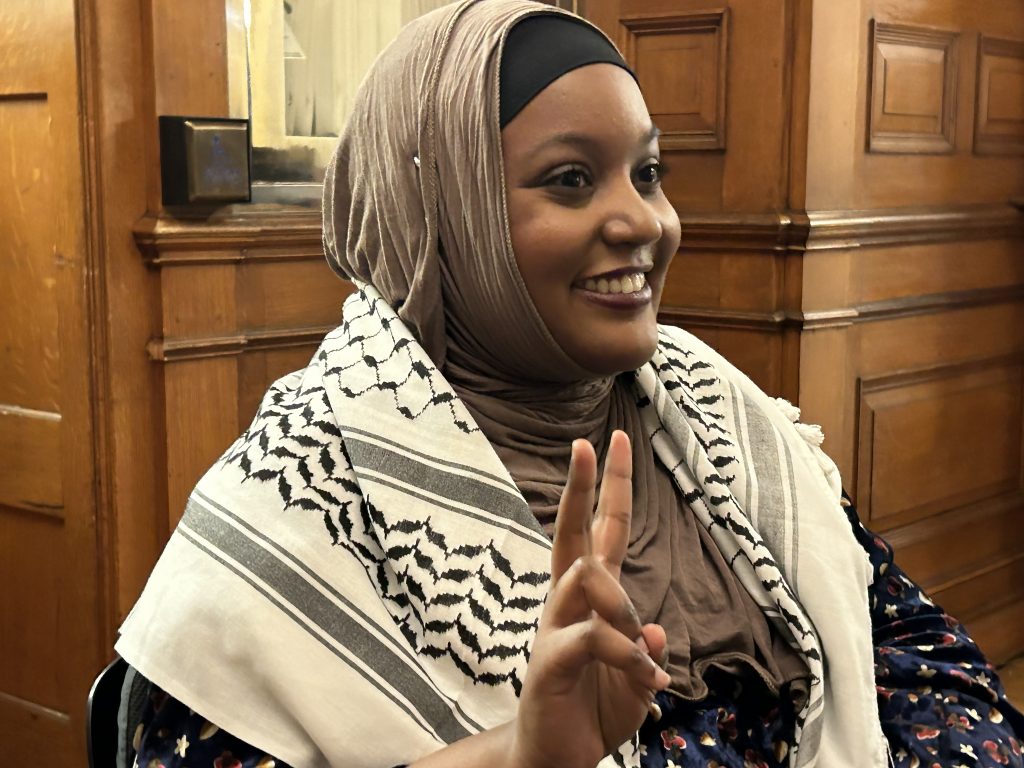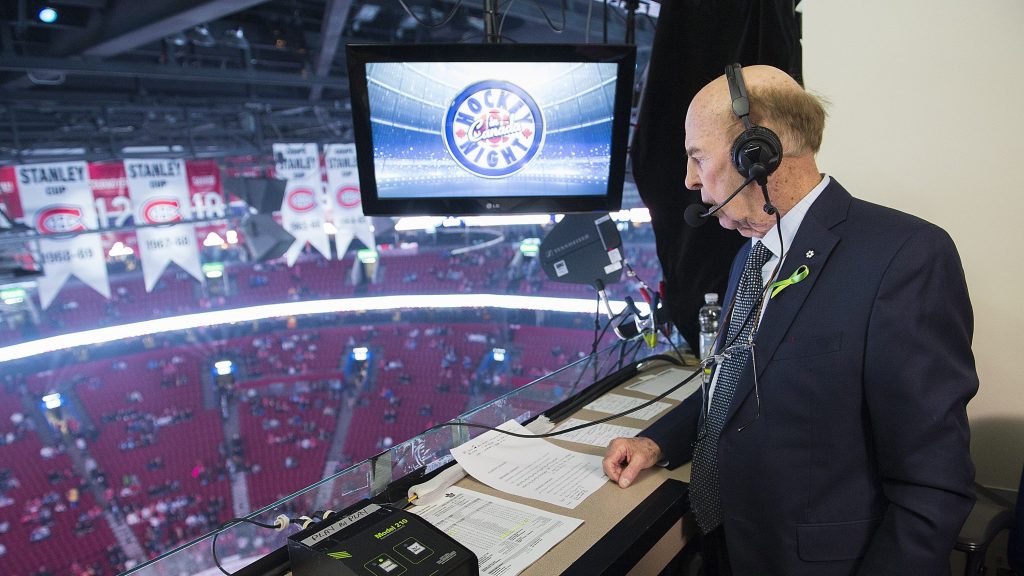Federal election date likely tied to COVID-19 vaccine rollout

Posted January 13, 2021 8:40 pm.
Last Updated January 14, 2021 12:10 am.
COVID-19 vaccinations in Canada remain in the early stages and as the rollout ramps up and more and more Canadians are vaccinated, experts say the chances of a federal election becomes increasingly likely.
Prime Minister Justin Trudeau has refused to commit to holding off on a federal vote amid the pandemic and the speed and success of the vaccine rollout may be what determines when Canadians actually end up going to the polls.
Several political experts say, while the liberals may be enjoying strong polling numbers, they don’t expect Trudeau to call an election until much of the population has been vaccinated.
“The more successful the dealing with COVID-19 is, the more likely we are going to see an earlier election,” says Lori Williams, political science professor at Mount Royal University. “We’re probably looking at something like a June election.”
If the vaccine rollout goes awry and liberal support falters the opposition could try to take down the government, either way vaccines will likely be the main driving force of any federal election held in Canada this year.
“That’s the standard against which governments will be judged,” says David Taras, another Mount Royal University professor. “Did you save my life when I needed you there?”
On Tuesday, the federal government announced that they reached a deal with Pfizer to buy an extra 20-million doses of its COVID-19 vaccine.
Trudeau says that Canada will now receive 80-million doses of the Pfizer and Moderna vaccines this year, which are expected to arrive in mid-to-late spring.
“We’re on track to have every Canadian who wants a vaccine receive one by September,” said Trudeau.
Stephanie Plante, a political analyst from Carleton University, says the liberals will have an advantage if we do see a pandemic election. With the exception of the presidential election in the United States, almost every other pandemic election in Canada and around the world has favoured the incumbent.
“Every election has been very good for incumbents,” says Plante. “The wheels of democracy do keep going even during a pandemic and I think Trudeau is willing to capitalize on that.”
It may be in the best interest for Trudeau to hold off a vote until after the spring budget, which will likely include major spending items such as job creation initiatives and promises for national child care.
Trudeau conducted a small shuffle of his ministers on Tuesday before holing up later in the day for a cabinet retreat to plot strategy for the resumption of Parliament.
Trudeau has been clear that he wants departments crucial to the country’s economic recovery from the COVID-19 pandemic to be overseen by ministers who will be around to help sell the government’s agenda during the next election campaign.
The cabinet retreat will focus on what more the government needs to do to manage the pandemic, which continues to surge across the country, including ways to accelerate the rollout of vaccines.










